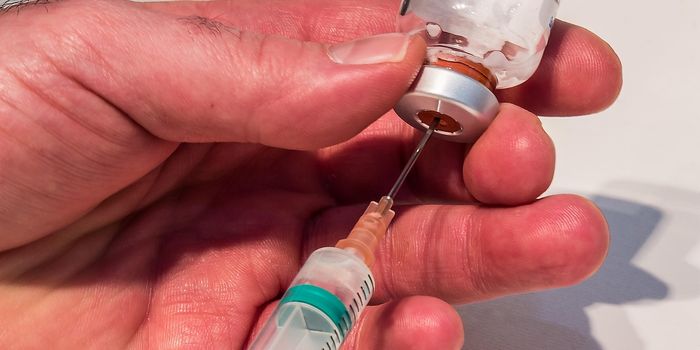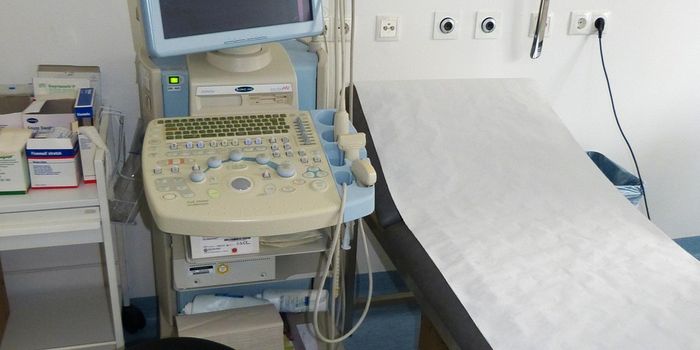US Military Veterans: Cancer Risk and Cancer Research
The US Department of Veteran’s Affairs (VA) estimates about 50,000 new cancer cases diagnosed each year. In total, about 450,000 Veterans are living with cancer. While studies to determine if Veterans are at a higher risk for cancer than the general population are limited and inconsistent, data suggests that at least certain types of cancer are more likely to be diagnosed in Veterans.
A 2009 study found that incidence rates for colorectal cancer among white men, lung cancer among black and white men, and cervical cancer among black women were lower in the military cohort. However, breast and prostate cancers were significantly more prevalent in the military population across race and gender.
When analyzing breast cancer incidence, military personnel were almost 40% more likely to be diagnosed with breast cancer than the general public. Many risk factors could differ between military and non-military groups. Factors contributing to breast cancer risk include later age at first birth and a long history of oral contraceptive use. Veterans are also more commonly involved in industrial jobs than the general population, increasing exposure to cancer-causing chemicals.
Reports suggest that lung cancer risk is about 25% higher for military members compared to the general population. Statistics suggest 1 in 5 military servicemen will be diagnosed with prostate cancer. A study of men in Texas showed military service conferred a 40% risk of pancreatic cancer.
To mitigate the burden of cancer diagnosis and treatment among Veterans, the Department of Defense (DOD) and the VA have demonstrated a long-standing interest in cancer research. In 1930, a Veteran’s hospital in Hines, Illinois, opened a cancer treatment center where surgeons, radiologists, and other physicians collaborated to provide cancer patients with the most innovative therapies available. A few years later, the first Veteran’s Administration-funded tumor research laboratory opened.
Today, the VA operates the National Oncology Program Office to support their goals to advance cancer research and support and treat Veterans diagnosed with cancer. The mission statement of the National Oncology Program Office is “to improve the lives of Veterans with cancer through Precision Medicine by implementing a learning healthcare model to quickly transition new knowledge into clinical practice and to maximize learning from clinical practice.”
The National Oncology Program Office provides a clear vision to promote this mission by focusing on delivering Veterans with cancer a better quality of life and ensuring that doctors have access to the best tools and treatments available to treat their patients.
The DOD also actively advances cancer research to benefit veterans and military families. The DOD’s Congressionally Directed Medical Research Programs (CDMRP) manages funding opportunities for clinicians and researchers doing medical research, including cancer research. Congress funds the CDMRP research programs, and monies are appropriated annually.
Continued research is needed to better understand what environmental and lifestyle factors might influence higher cancer risk in among the military. The increased emphasis on funding cancer research related to improving survivorship in military members, Veterans, and their families may help fulfill this need in the near future.
Sources: VA, limited, study, breast cancer, age at first birth, oral contraceptive, lung cancer, prostate cancer, pancreatic cancer, cancer treatment center, tumor research laboratory, National Oncology Program Office, CDMRP









